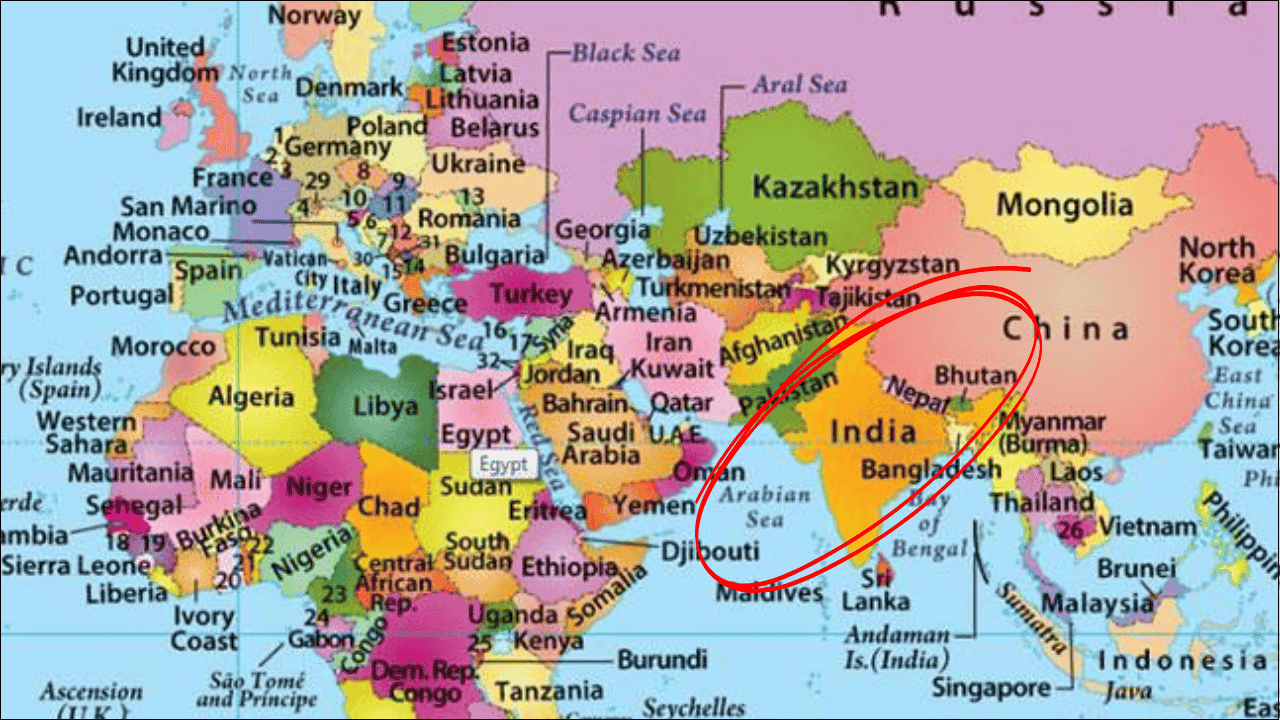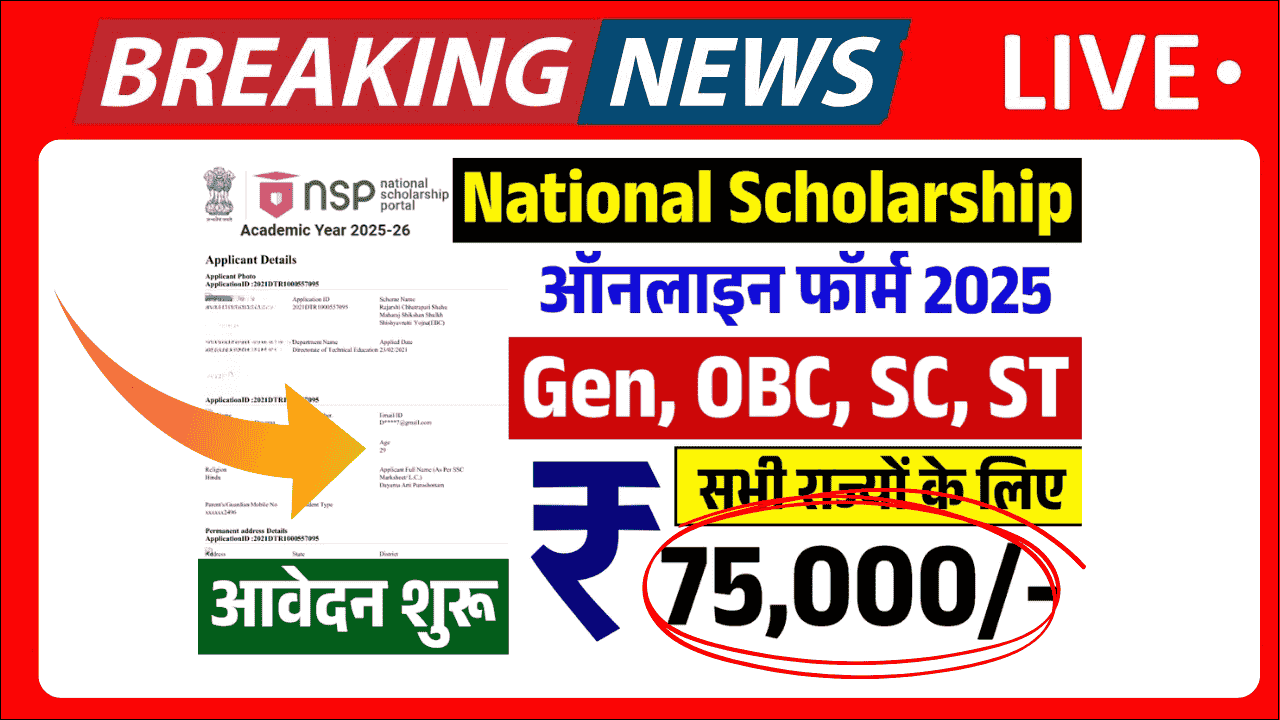
The announcement of the 8th Pay Commission has generated tremendous excitement among India’s civil servants, particularly IAS, IPS, IFS, and IRS officers who form the backbone of the country’s administration, law enforcement, foreign policy, and revenue collection systems. With implementation expected from January 1, 2026, these elite civil servants are anticipating substantial salary increases that could transform their compensation structure.
The fitment factor, a crucial multiplier used to calculate revised salaries, is expected to play a pivotal role in determining the magnitude of salary hikes for these prestigious services.
Table of Contents
Understanding the Fitment Factor Mechanism
The fitment factor serves as the mathematical foundation for salary revision under pay commissions. The 7th Pay Commission used a fitment factor of 2.57 as the uniform multiplication factor to revise salaries from the 6th CPC structure. For the 8th Pay Commission, experts are projecting potential fitment factors ranging from 2.08 to 2.86, with significant implications for civil service salaries.
Civil servants such as IAS, IPS, and IFS form the backbone of the country’s administration, law and order situation and foreign policy decisions, making their compensation structure a critical aspect of governance effectiveness.
Current Salary Structure for Civil Services
Under the 7th Pay Commission, civil service officers are positioned across different pay matrix levels based on their rank and experience. Entry-level officers typically start at Level 10, while senior positions can reach up to Level 17 or 18. The basic pay forms the foundation for calculating various allowances including Dearness Allowance (DA), House Rent Allowance (HRA), and other benefits.
Current 7th CPC Pay Structure:
- Entry Level IAS/IPS/IFS: Level 10 (₹56,100 basic pay)
- District Collector/SP Level: Level 12 (₹78,800 basic pay)
- Joint Secretary Level: Level 14 (₹1,44,200 basic pay)
- Additional Secretary: Level 16 (₹2,05,400 basic pay)
- Secretary Level: Level 17 (₹2,25,000 basic pay)
Projected Salary Calculations at Different Fitment Factors
The 8th Pay Commission’s impact on civil service salaries will largely depend on the fitment factor adopted. Let’s examine projections at two key scenarios:
Scenario 1: Conservative Fitment Factor (2.08)
| Current Level | Current Basic Pay | Projected Basic Pay (2.08x) | Monthly Increase | Annual Increase |
|---|---|---|---|---|
| Level 10 (Entry IAS/IPS) | ₹56,100 | ₹1,16,688 | ₹60,588 | ₹7,27,056 |
| Level 12 (DM/SP) | ₹78,800 | ₹1,63,904 | ₹85,104 | ₹10,21,248 |
| Level 14 (Joint Secy) | ₹1,44,200 | ₹2,99,936 | ₹1,55,736 | ₹18,68,832 |
| Level 16 (Add’l Secy) | ₹2,05,400 | ₹4,27,232 | ₹2,21,832 | ₹26,61,984 |
| Level 17 (Secretary) | ₹2,25,000 | ₹4,68,000 | ₹2,43,000 | ₹29,16,000 |
Scenario 2: Optimistic Fitment Factor (2.57)
| Current Level | Current Basic Pay | Projected Basic Pay (2.57x) | Monthly Increase | Annual Increase |
|---|---|---|---|---|
| Level 10 (Entry IAS/IPS) | ₹56,100 | ₹1,44,177 | ₹88,077 | ₹10,56,924 |
| Level 12 (DM/SP) | ₹78,800 | ₹2,02,516 | ₹1,23,716 | ₹14,84,592 |
| Level 14 (Joint Secy) | ₹1,44,200 | ₹3,70,594 | ₹2,26,394 | ₹27,16,728 |
| Level 16 (Add’l Secy) | ₹2,05,400 | ₹5,27,878 | ₹3,22,478 | ₹38,69,736 |
| Level 17 (Secretary) | ₹2,25,000 | ₹5,78,250 | ₹3,53,250 | ₹42,39,000 |
Impact on Total Compensation Package
The salary revision will have a cascading effect on the entire compensation structure. Reports indicate that the fitment factor may increase from 2.57 to 2.86, with revised salaries determined by this multiplier applied to current basic pay.
Key Components Affected:
- Dearness Allowance: Currently at 55% of basic pay, expected to be absorbed into basic salary
- House Rent Allowance: Calculated as percentage of revised basic pay
- Transport Allowance: Enhanced based on new salary structure
- Pension Benefits: With a projected fitment factor of 2.86, pensions could rise accordingly, providing retirees with a substantial increase
Service-Wise Impact Analysis
IAS Officers
The administrative backbone will benefit significantly from enhanced compensation, potentially improving governance quality and reducing talent migration to private sector.
IPS Officers
Law enforcement leadership will see substantial increases, crucial for maintaining internal security and crime prevention effectiveness.
IFS Officers
Diplomatic service compensation enhancement will strengthen India’s foreign policy implementation capabilities.
IRS Officers
Revenue service officers will receive improved compensation, vital for tax collection efficiency and economic governance.
Implementation Timeline and Process
The 8th Pay Commission is expected to come into effect on 1 January 2026, after the usual gap of 10 years between Pay Commissions. The implementation will benefit approximately 50 lakh central government employees, including defense personnel, and 65 lakh pensioners.
Key Milestones:
- Commission Formation: Expected in 2025
- Recommendations Submission: Mid-2025
- Government Approval: Late 2025
- Implementation: January 1, 2026
- Arrears Payment: From implementation date
Long-term Career Financial Impact
The salary revision will significantly impact career financial planning for civil servants. Entry-level officers could see their starting salaries potentially doubling, while senior positions might experience even more substantial increases.
Career Progression Benefits:
- Enhanced attraction for top talent
- Improved retention rates
- Better work-life balance through adequate compensation
- Strengthened public service motivation
Challenges and Considerations
While the projections appear promising, several factors could influence final outcomes:
Fiscal Constraints: Government’s financial capacity to implement large-scale salary increases Economic Conditions: Inflation rates and economic growth affecting implementation Political Decisions: Final fitment factor determination by political leadership State Government Impact: Potential pressure for similar revisions at state levels
Conclusion
The 8th Pay Commission represents a watershed moment for India’s civil services, with projected salary increases potentially transforming the attractiveness and sustainability of public service careers. Whether the fitment factor settles at 2.08, 2.57, or higher, civil servants can expect substantial improvements in their compensation packages.
The enhanced salaries should strengthen public administration quality, improve talent retention, and ensure that India’s civil services remain competitive in attracting the best minds to serve the nation.
FAQ
Q: When will the 8th Pay Commission be implemented for civil services?
A: The 8th Pay Commission is expected to be implemented from January 1, 2026, following the standard 10-year gap between pay commissions. Civil servants will receive arrears from this date once implemented.
Q: What fitment factor is most likely for the 8th Pay Commission?
A: Experts project fitment factors ranging from 2.08 to 2.86. A conservative estimate suggests 2.28, while optimistic projections go up to 2.57 or higher, depending on economic conditions and government fiscal capacity.
Q: How will the salary revision affect IAS, IPS, IFS, and IRS pension benefits?
A: Pension benefits will be revised proportionally to the salary increase. With projected fitment factors, retired civil servants could see substantial pension enhancements, improving their post-retirement financial security.
Q: Will state government employees benefit from 8th Pay Commission recommendations?
A: While the 8th Pay Commission directly covers central government employees, state governments typically adopt similar recommendations with modifications based on their fiscal capacity, benefiting state civil servants as well.








